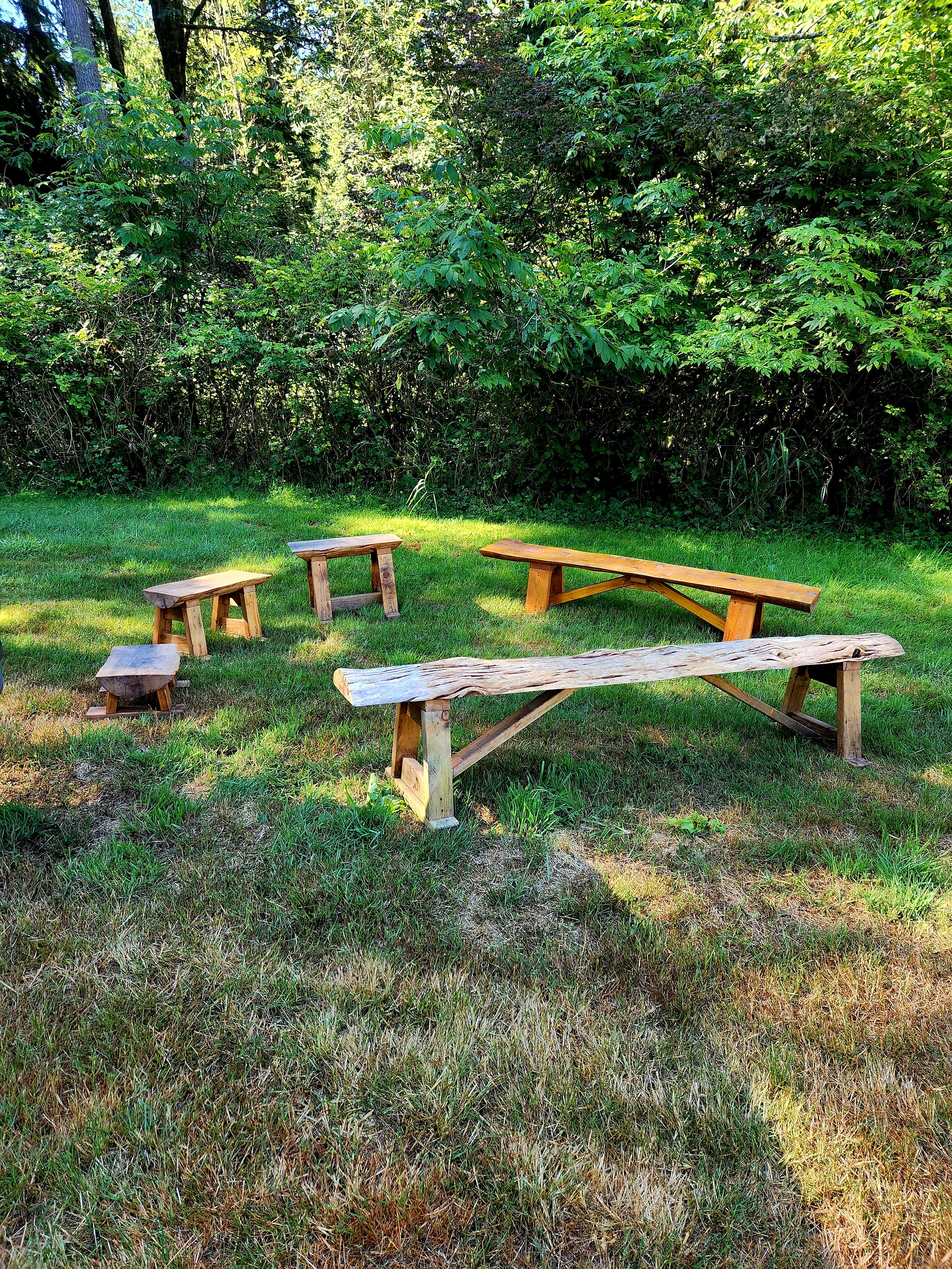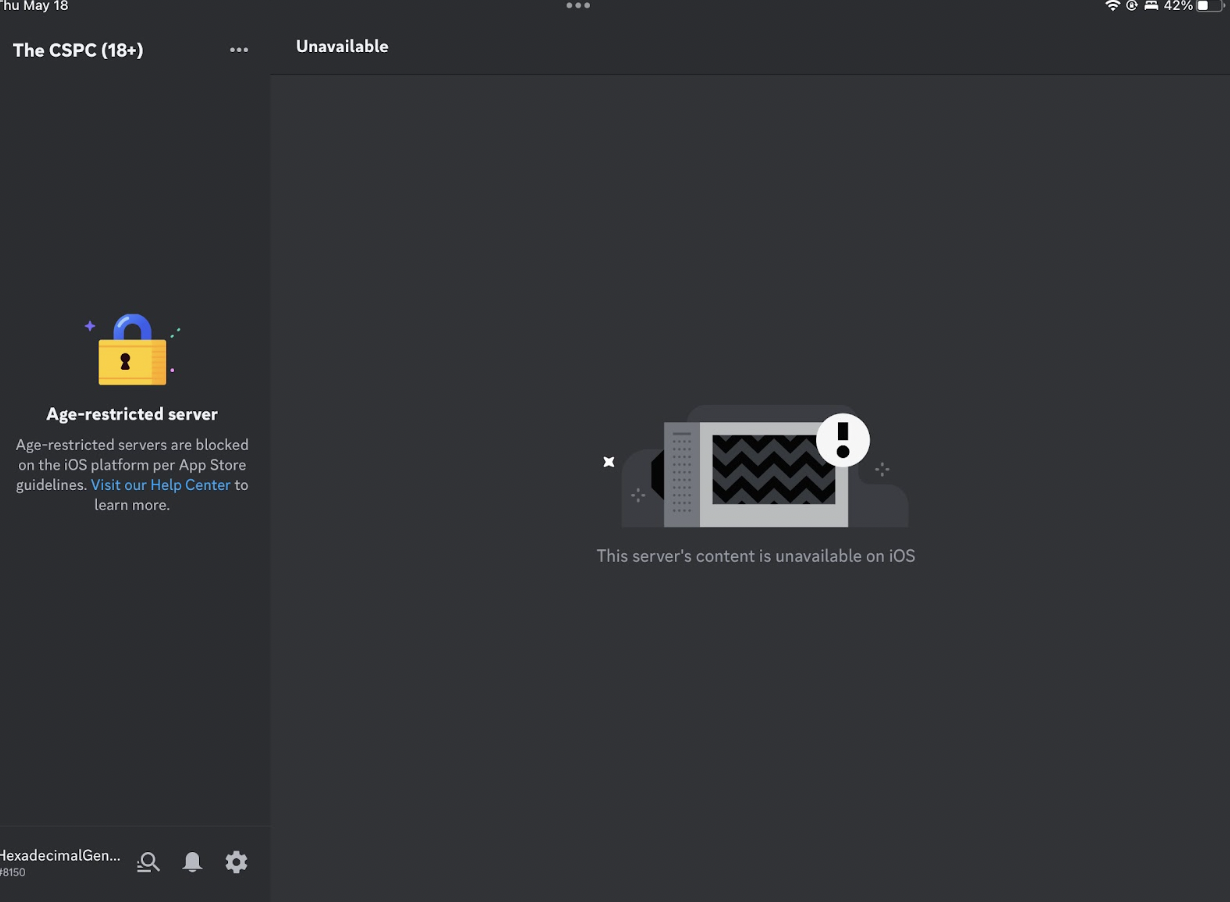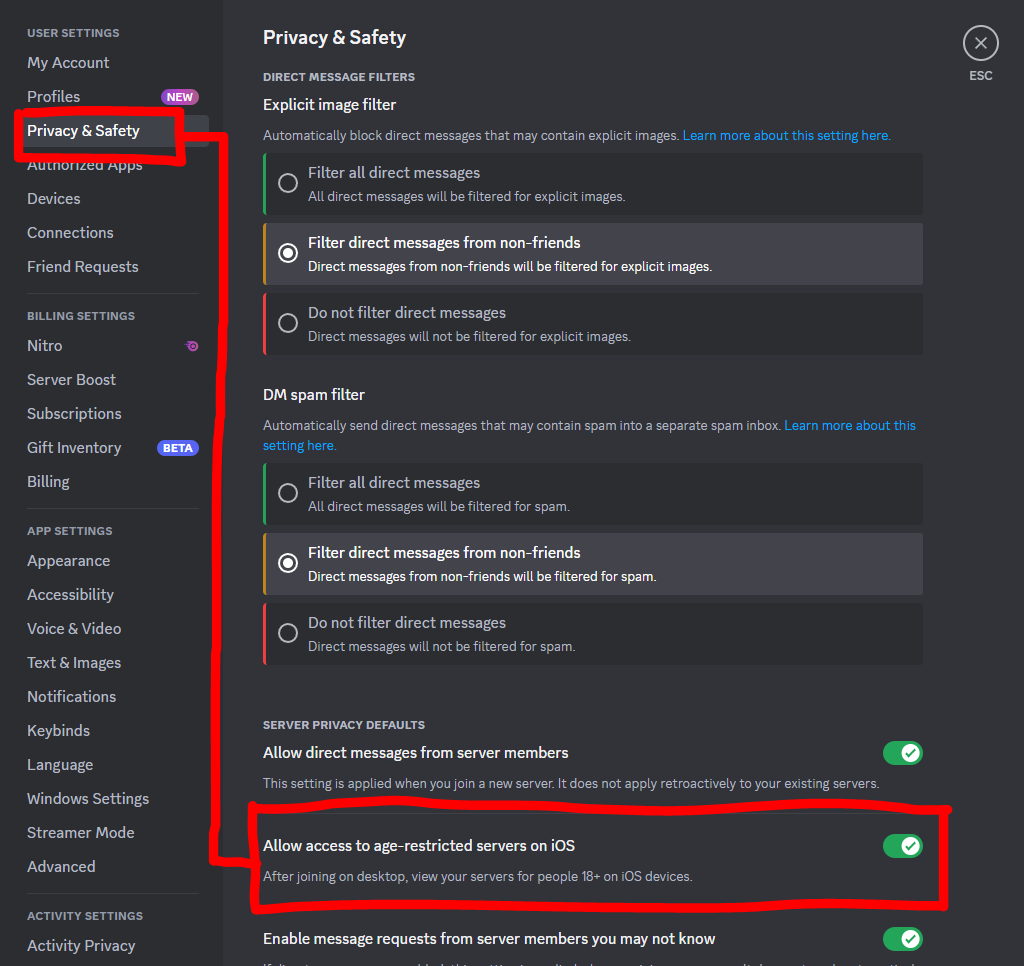By Turtle
I'd like to acknowledge that we all have things that hold us back when we go to new events. There's anxiety and fears. We worry about a lack of opportunity and that not enough people there may be similar to us. We each get bogged down in circular thinking that creates a miasma of assumptions. We assume that: people might not want to be our friend, they already have enough friends, there's no room for us. These are all paradigms residing in our minds that have no basis in reality. But that does not make them any less real. We can change that perception though, and really create a situation where we can be successful, meet new people, and create lifelong friendships in less than a week.
First, everyone likes to proclaim, "Don't be afraid!" I'm always a little worried when someone starts something with the word, "Don't." It has such a negative impact on me. To start with, be actively present and hold that as a positive. When I'm having anxiety, thinking about "don't do" just amps my anxiety. Instead, think about being actively present and in the moment. Stay here…Present. Looking at whoever and whatever is around me rather than existing deep in my head helps me notice the details that surround me, and maybe something interesting about someone else that I might talk to.
Distance makes a difference as well. Invariably, it’s easier to wait for others to approach, to sit far away. Then the expectation of disappointment comes to remind me that without risk, there is no reward. No matter how hard it is, how much I want to sit as far away from everyone as possible, I try to sit closer. Invariably, because we're at camp, someone will say, "Hey, do you want to join us?" I love that generosity by other camp members. The gratitude I have for other campers and their ability to just open up their hearts to make room for more is incredible.
Shared Interests
Call to shared interests by wearing or carrying an unusual object or clothing item, something that is likely to be noticed by others. For example, if you're wearing a Doctor Who shirt, other people who like Doctor Who are gonna go, "Hey, who is your favorite Doctor?" Recently, during the Pride Parade, I must have waved to a couple dozen other people that all had on the exact same shirt I wore. And we all screamed and went on about it. In the middle of 300,000 people, it was epic.
Next, take a little piece of paper and write down a dozen topics that you enjoy talking about, common and uncommon interests, then just put it in your pocket. When you're uncertain of what to talk about and other people are just kind of quiet, you can just reach in your pocket and touch it. You don't even have to pull it out, but it will remind you of your topic starters and that makes it nice and easy to jump in.
Invite people in
You can bring your crafts and games. Head up to the tables for that. People will come over to share and see what you're doing. "Oh, are you knitting? I like to knit." "Can you show me how to knit?" "Oh, you have that game? Can I play that game? I would love to play that game!" Once, I saw folx play a game for eighteen hours. There were 20 people and I just could not believe they went on that long, but they ended up asking all of us to bring them food, so it must have been quite the game!
Remember that most everyone is experiencing the same feelings. Even if walking up to say hi is difficult, try to smile, make eye contact, and give a little wave from a distance. Even those people who appear popular have their own doubts.
The leads have all known each other for a while. Approach a lead, they can introduce you around to a few friendly faces.
Volunteering to Help
Do you see someone struggling to carry something? Go volunteer to help them. "Hi!" goes with it. Are they having a hard time juggling some plates? Go say, "Can I help you?" They're having a hard time unloading? "Can I help you unload your car?" "Can I help you put up your tent?" "Can I help you carry that?" and instantly you've made a good impression.
Practice your walk and talk
Role play before you go and don't necessarily make up a new character. Choose a part of your personality that you already have that needs more "out" time. Be genuine. Be polite with things you don't like. Breathe and try to relax. Let people like you for you. You already have aspects that people are going to like–let them.
If you're taking a friend with you to camp, then make more friends. Actively create a welcoming atmosphere for people to join your group. Meet people at meals or lounging in the pool. Notice who is in your workshops and meet them at meals and campfires. If you see someone sitting alone, ask them if they'd like company or join them around the campfire.
You are already Friends!
Talk to everyone like you are already friends. "I'm hungry, want to go in search of snacks?" Leave off the small talk and dig for some shared middle ground. "What do you enjoy doing?" "What is awesome about that kink?"
If you start to feel panic, open your chest, roll your shoulders back, lift your head and breathe. What is around you? Who is around you? Is there an event interesting to you? Do you find yourself sitting away from everyone? Move closer if you can. Talk to camp staff. Ask open-ended, honest, and interested questions. Is there something you've always wondered but never thought to ask someone, and then someone is there who knows all about it? You go ahead. "Can I ask you ___________," and they'll say, "I don't know if I know the answer but go ahead and ask away."
Follow your Adventure
Go do activities and meet people who are doing those things, too. If you want to go swimming, go swimming and meet the people there. You don't have to force yourself to go somewhere you're not interested in hoping that someone you might like is there. Do what you want to do so that you and the people you meet there will already have shared interests.
If you need a personal self-care time out, take it. Take care of yourself. Camp is about having fun and making incredible memories. Be good to you, and fun in community is sure to follow.








